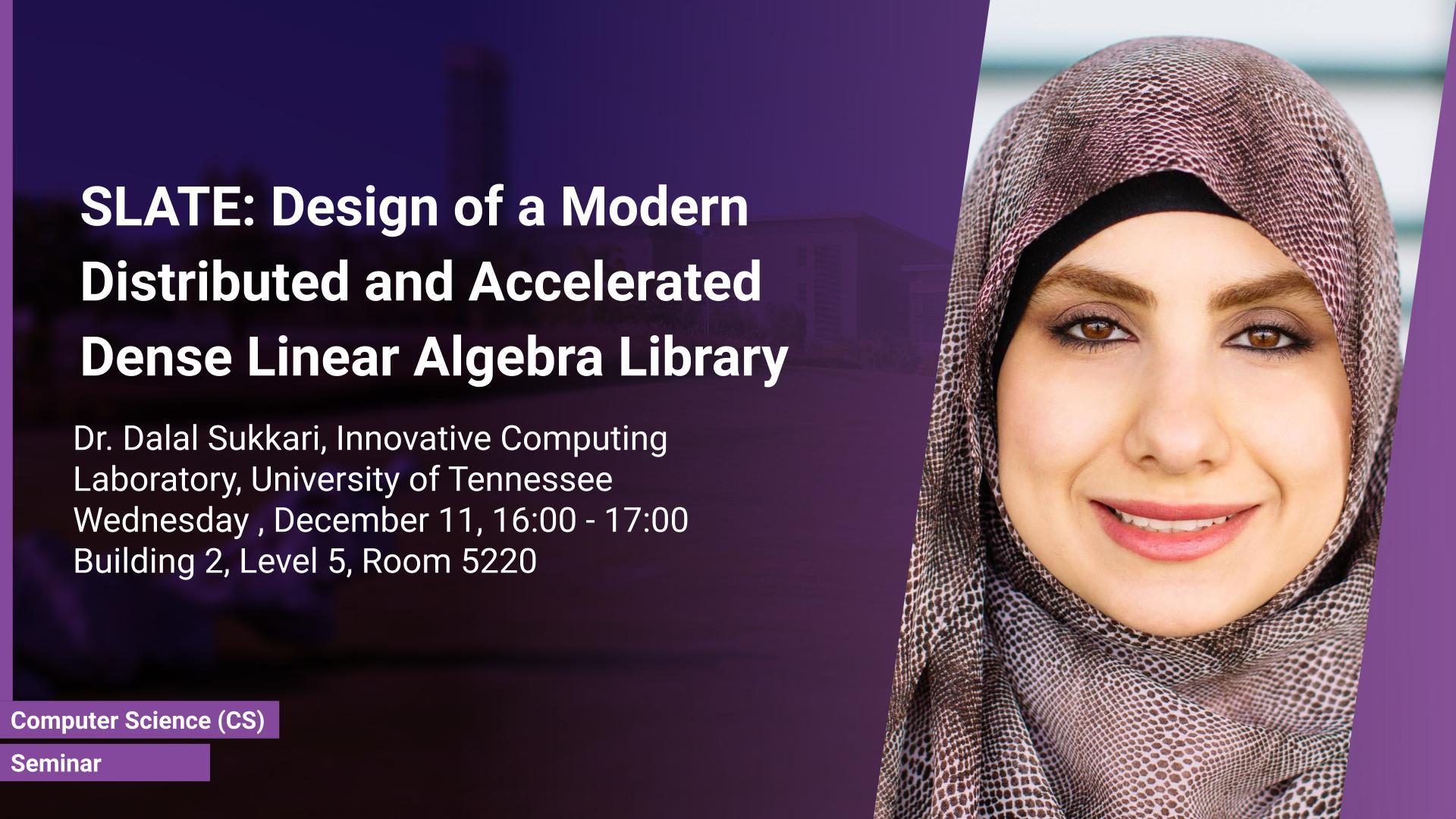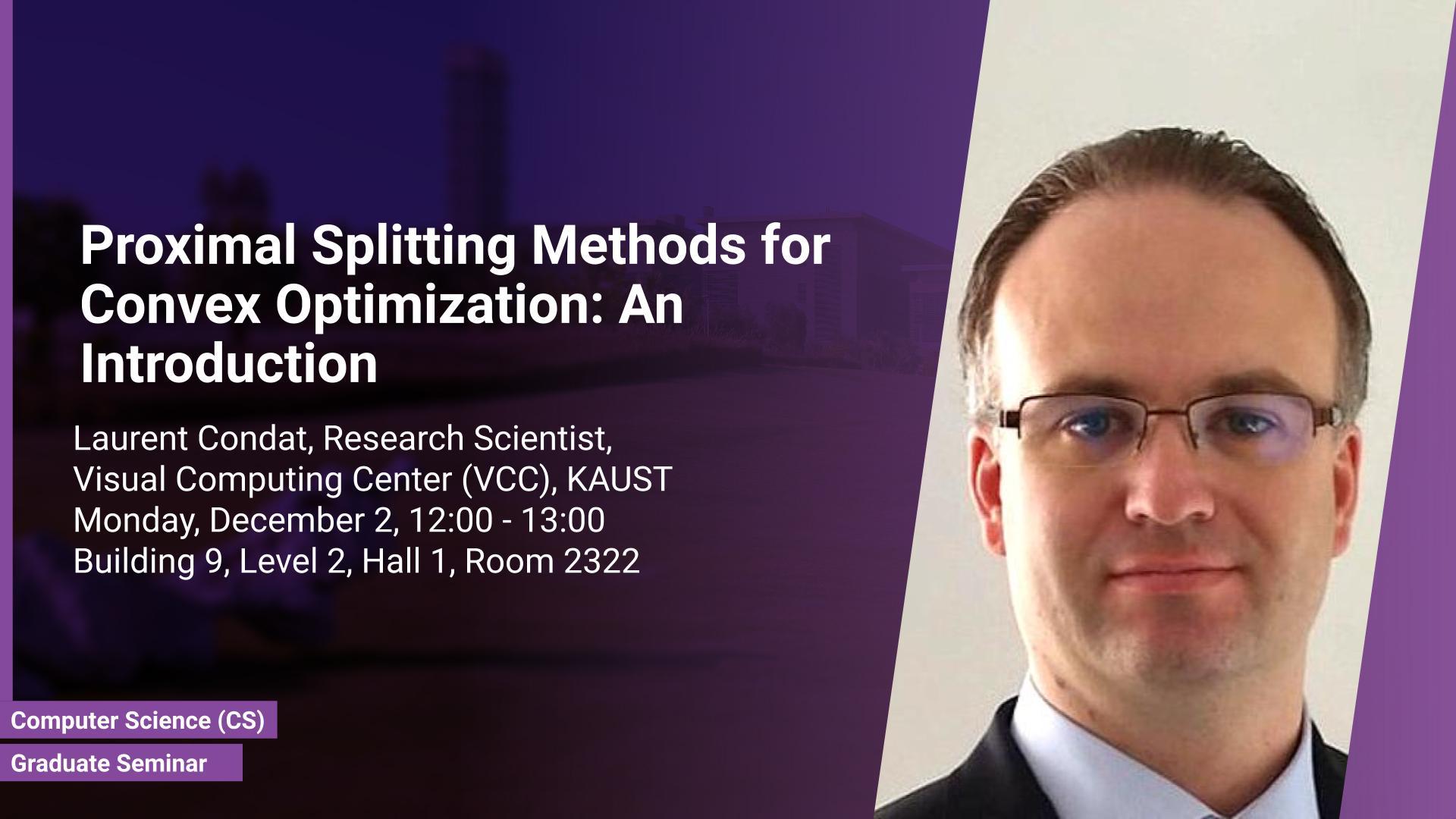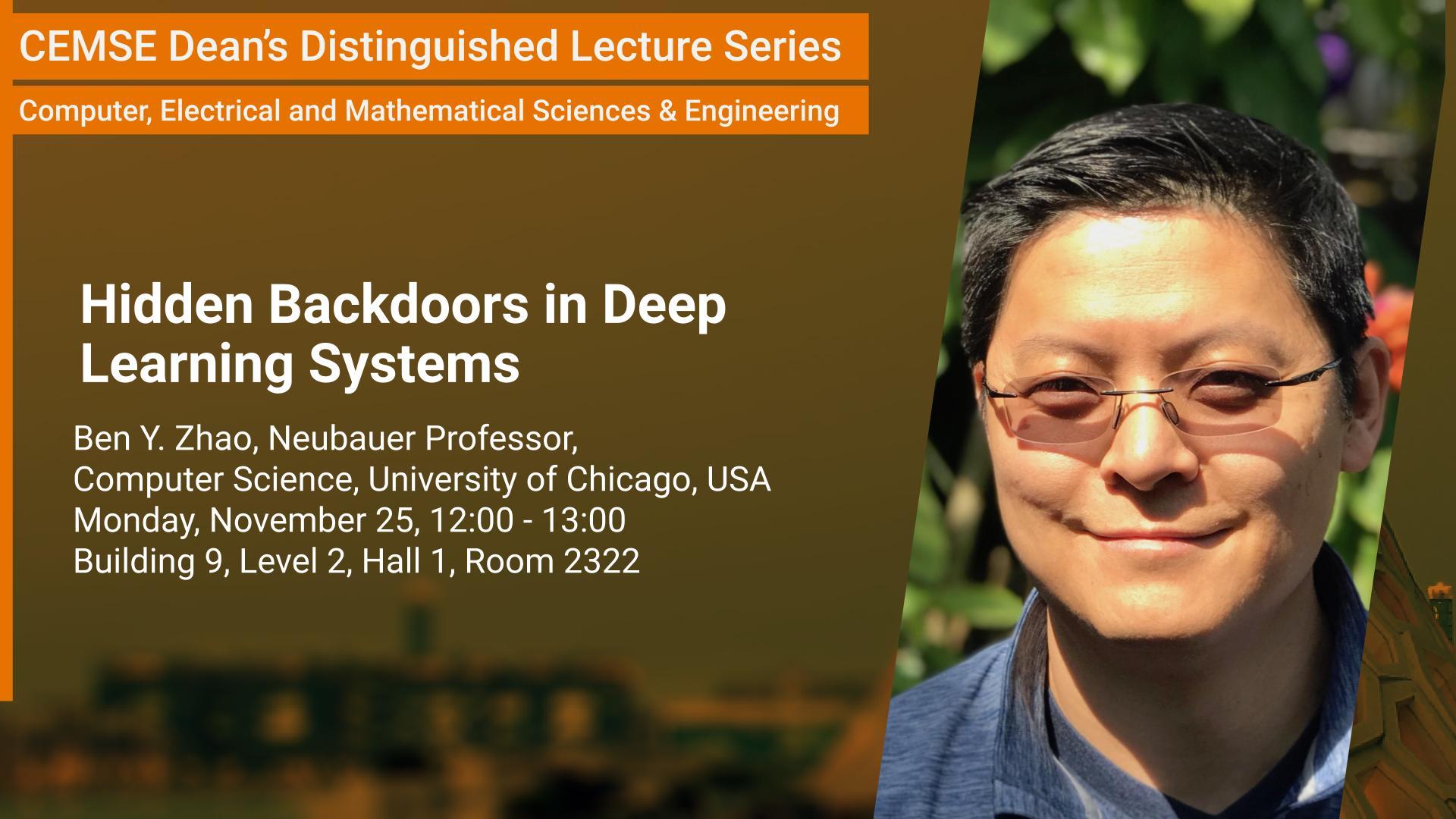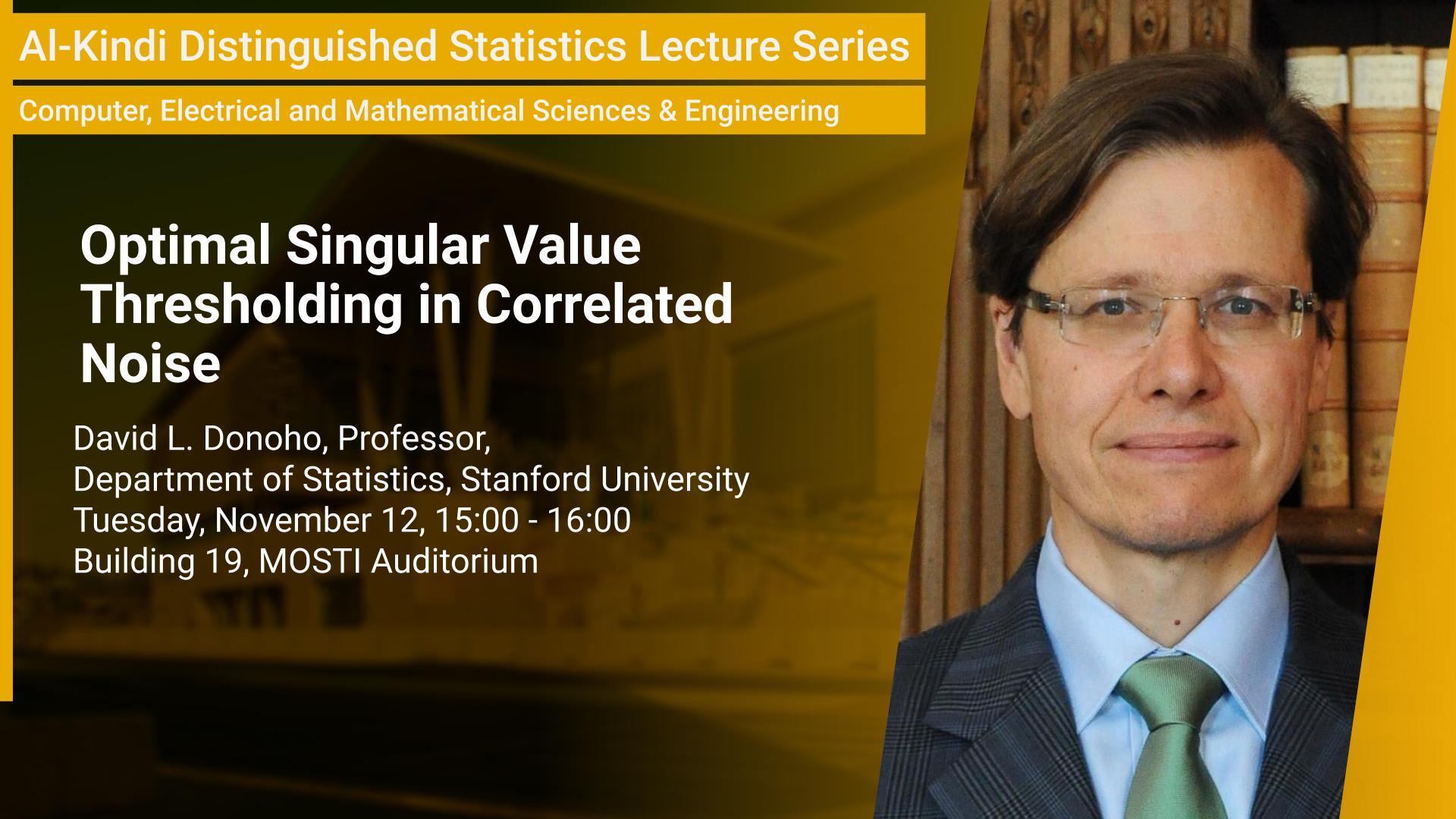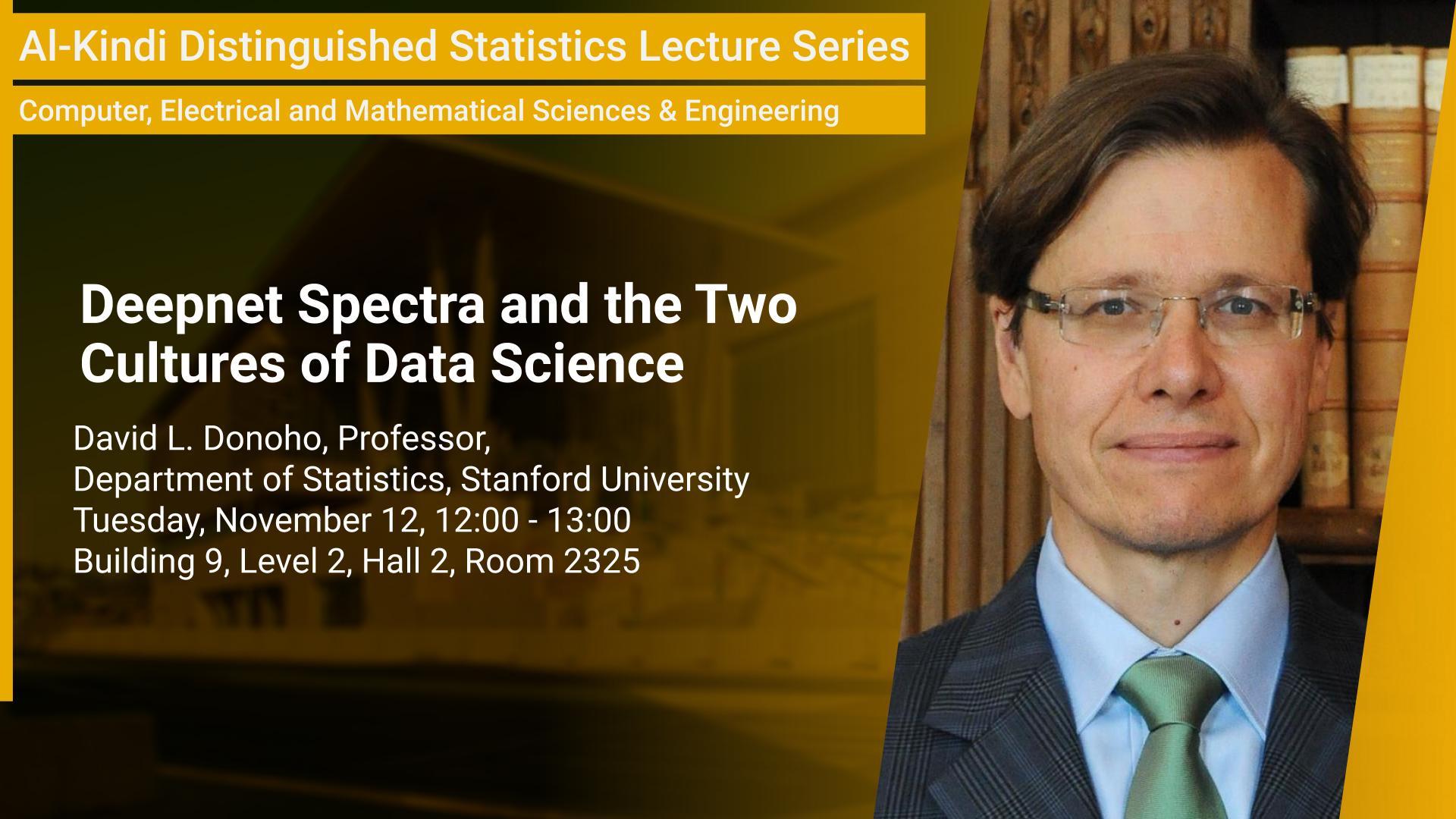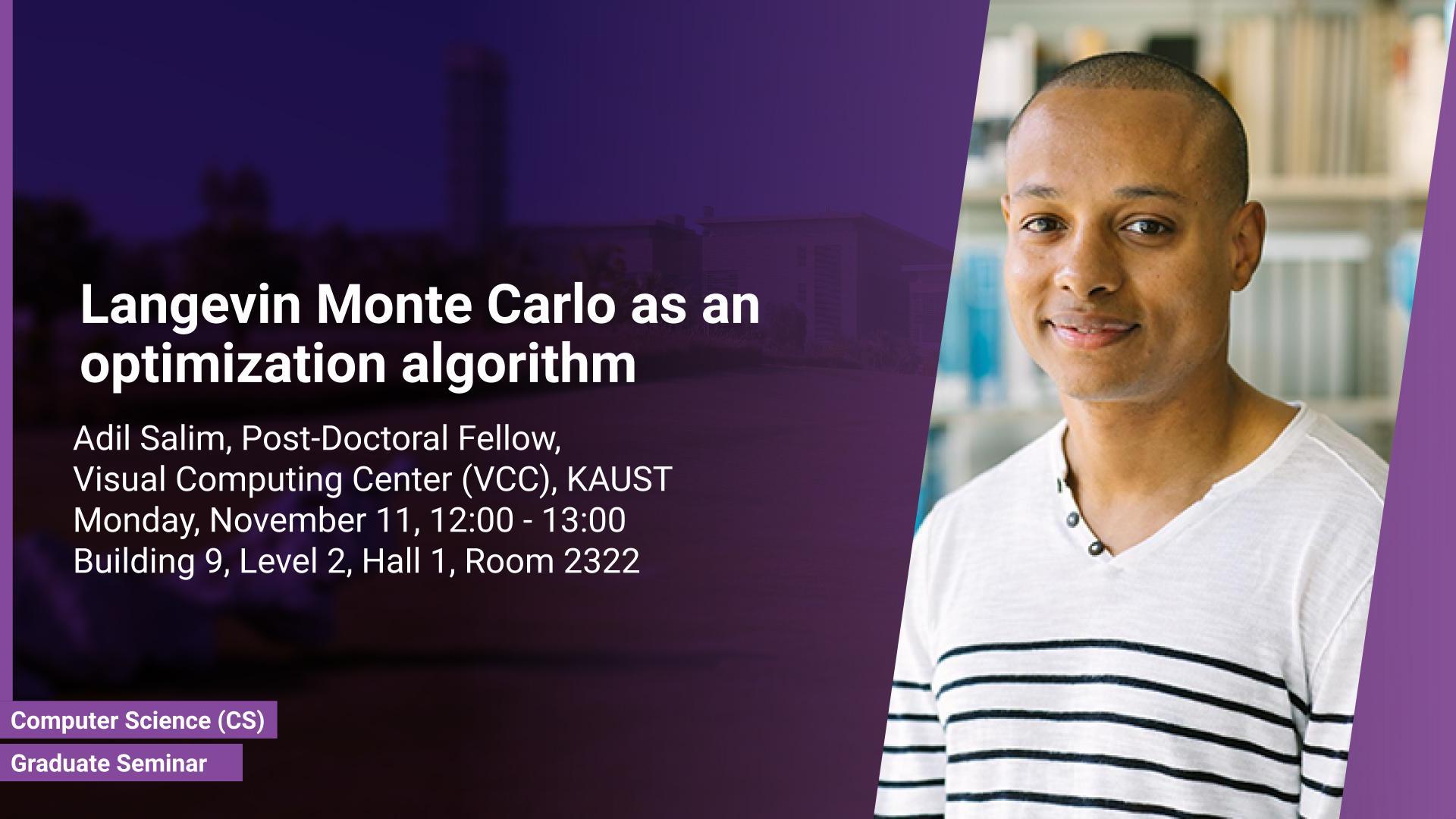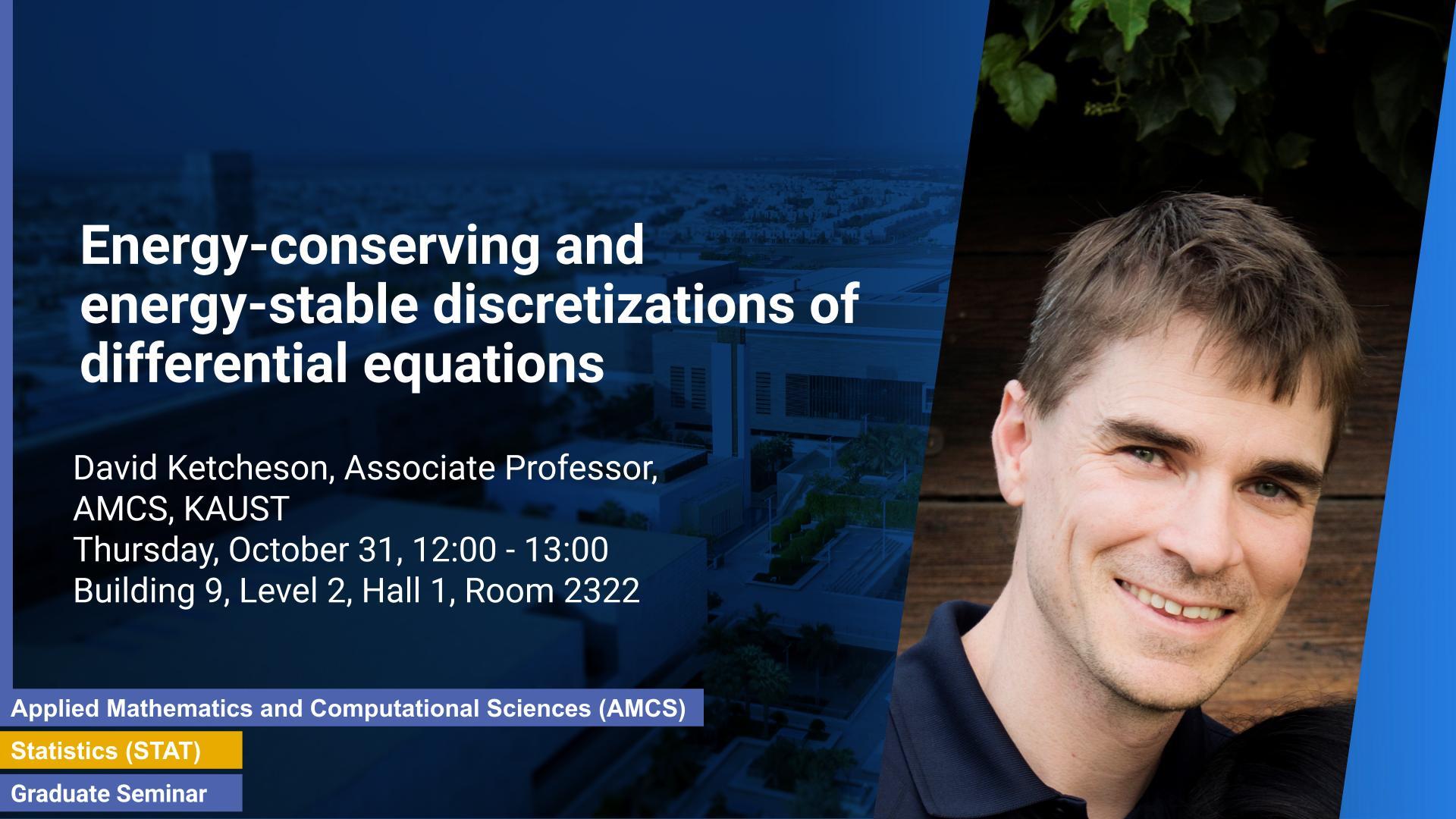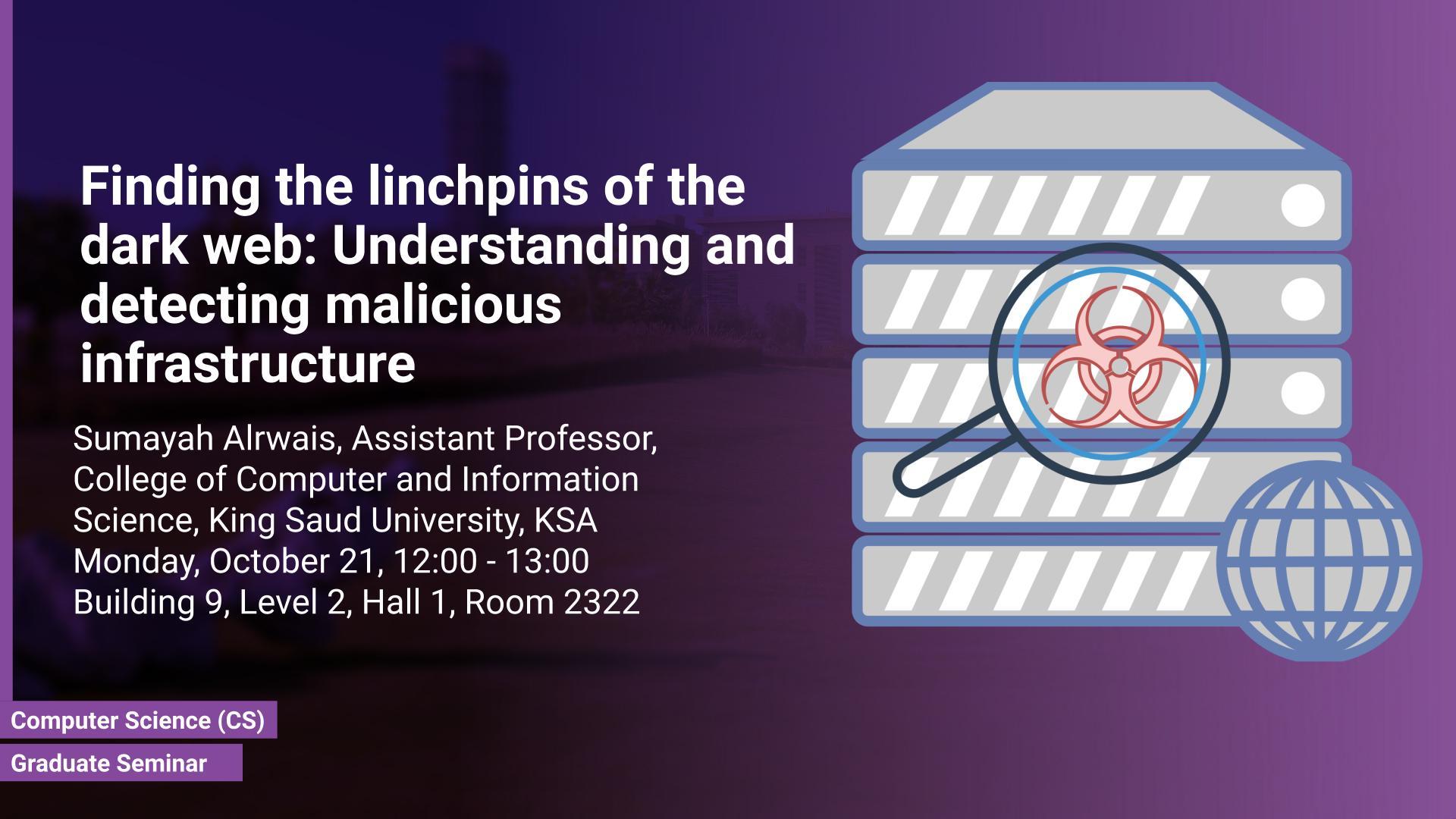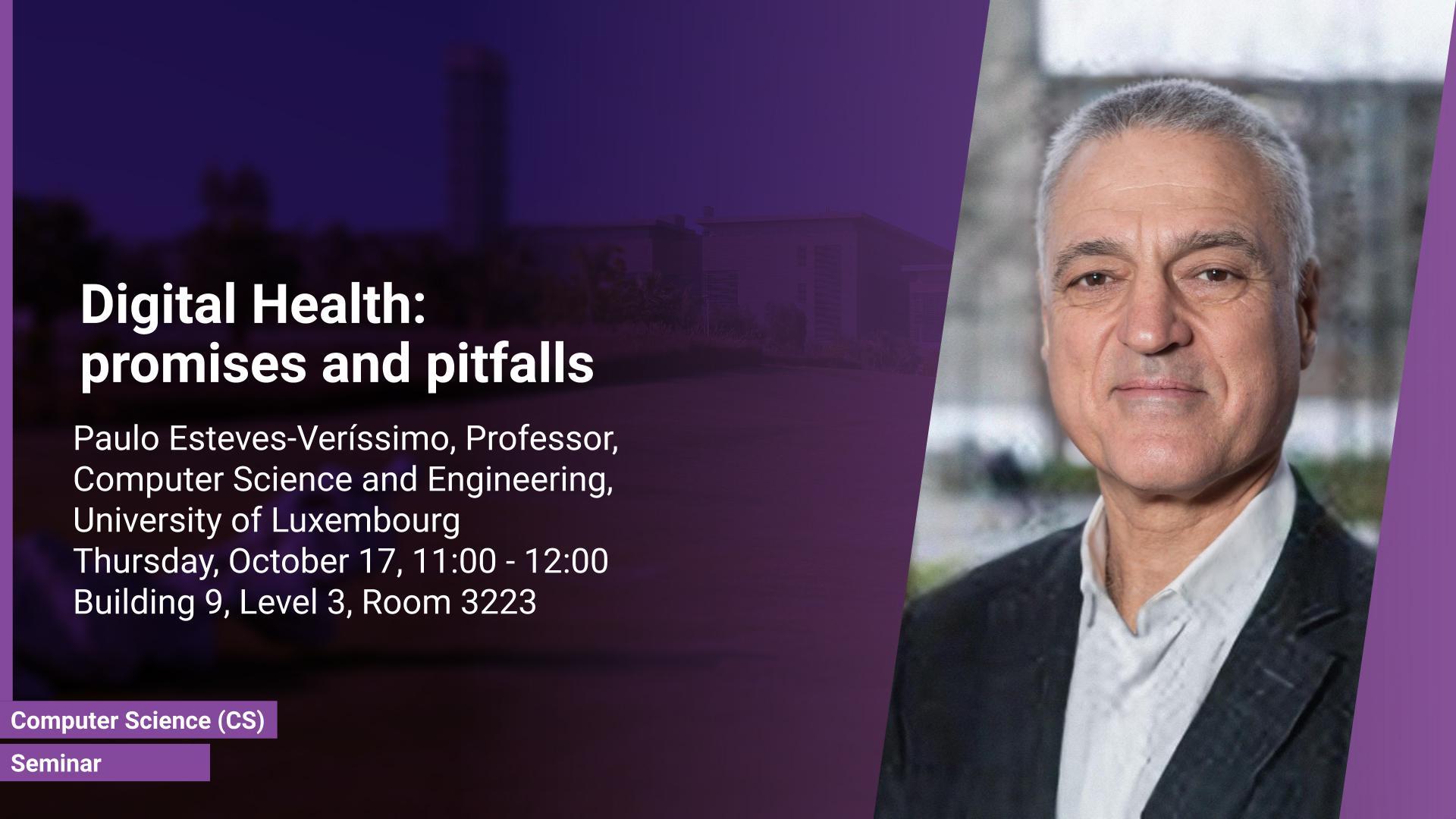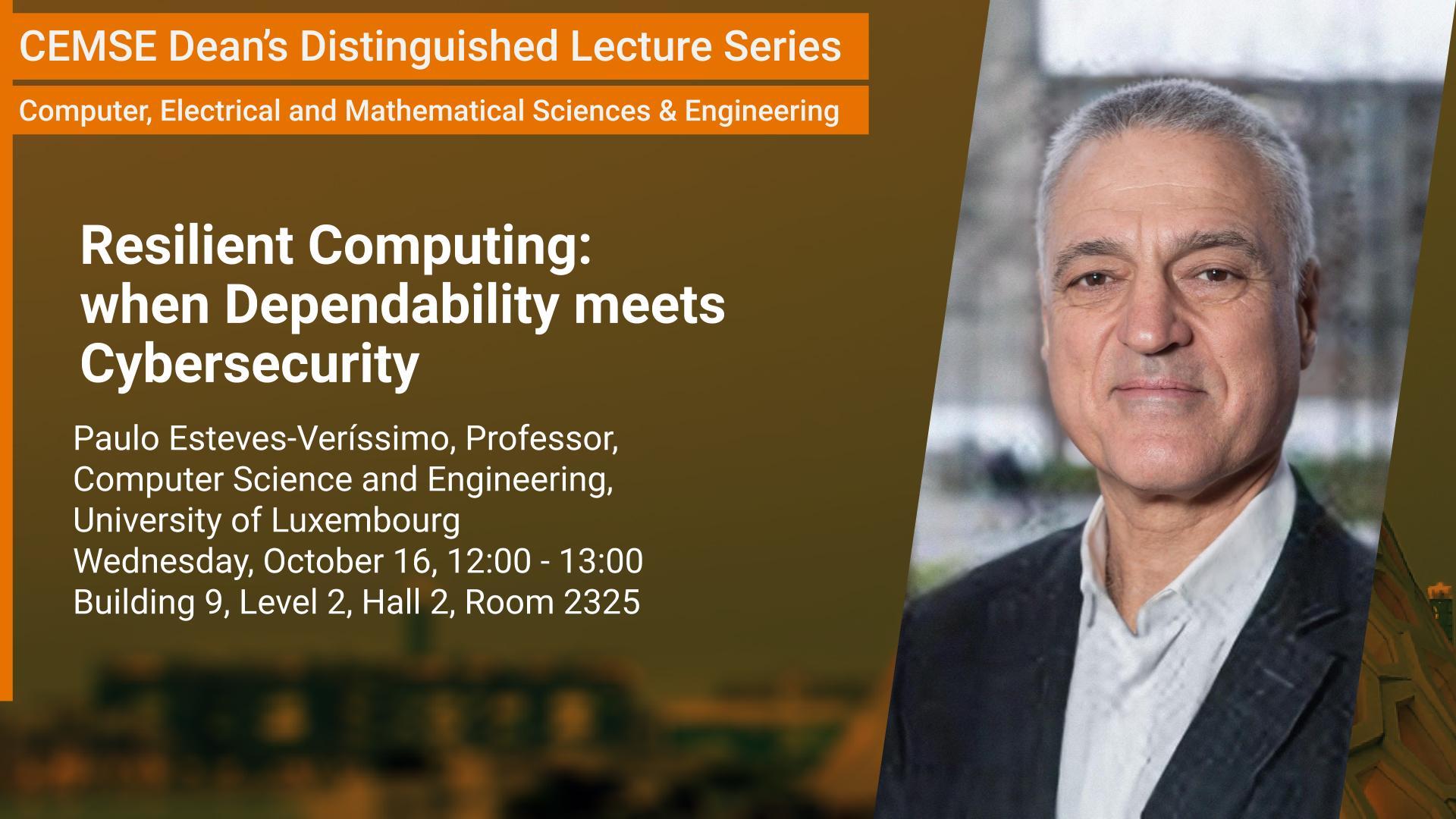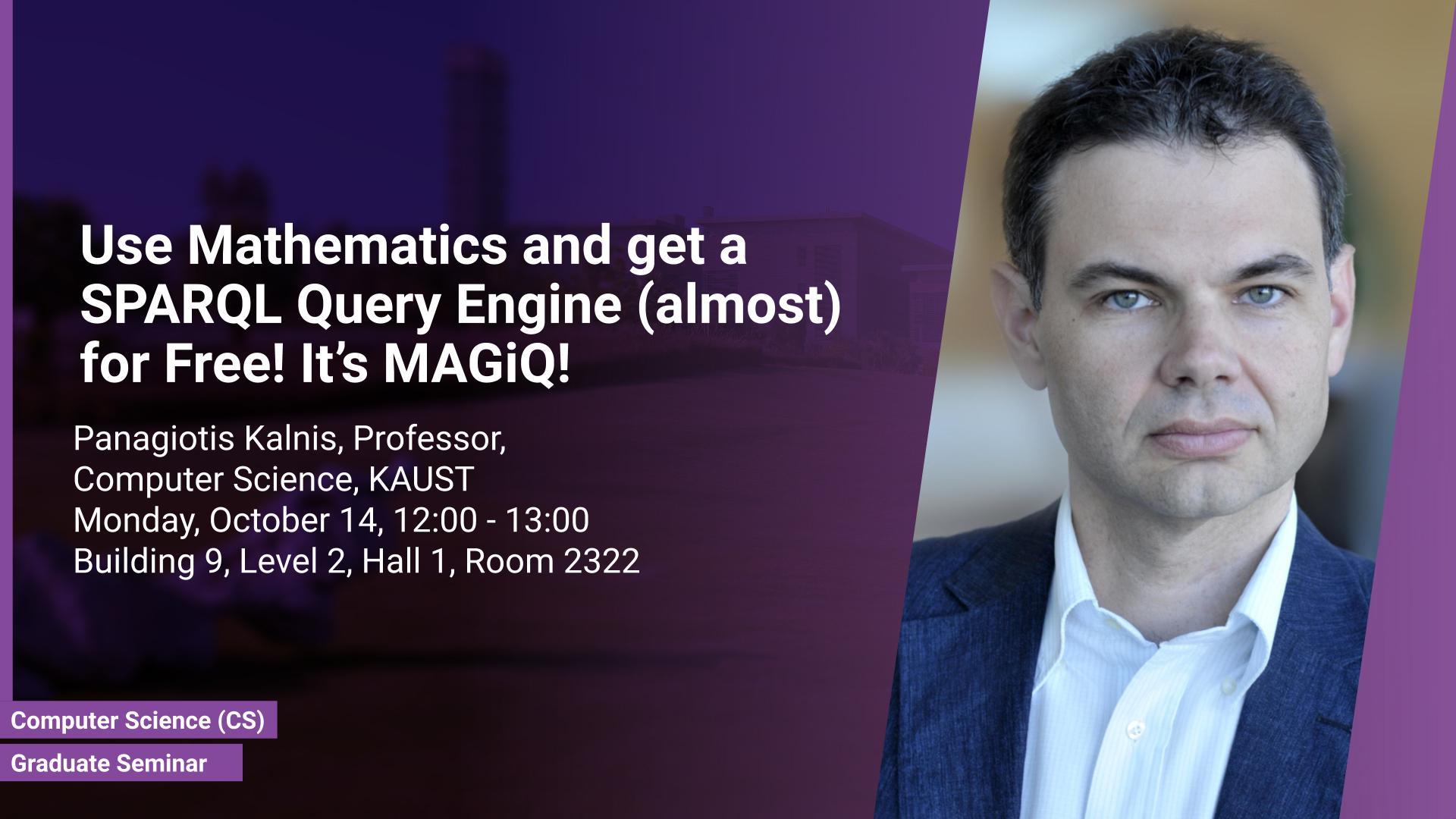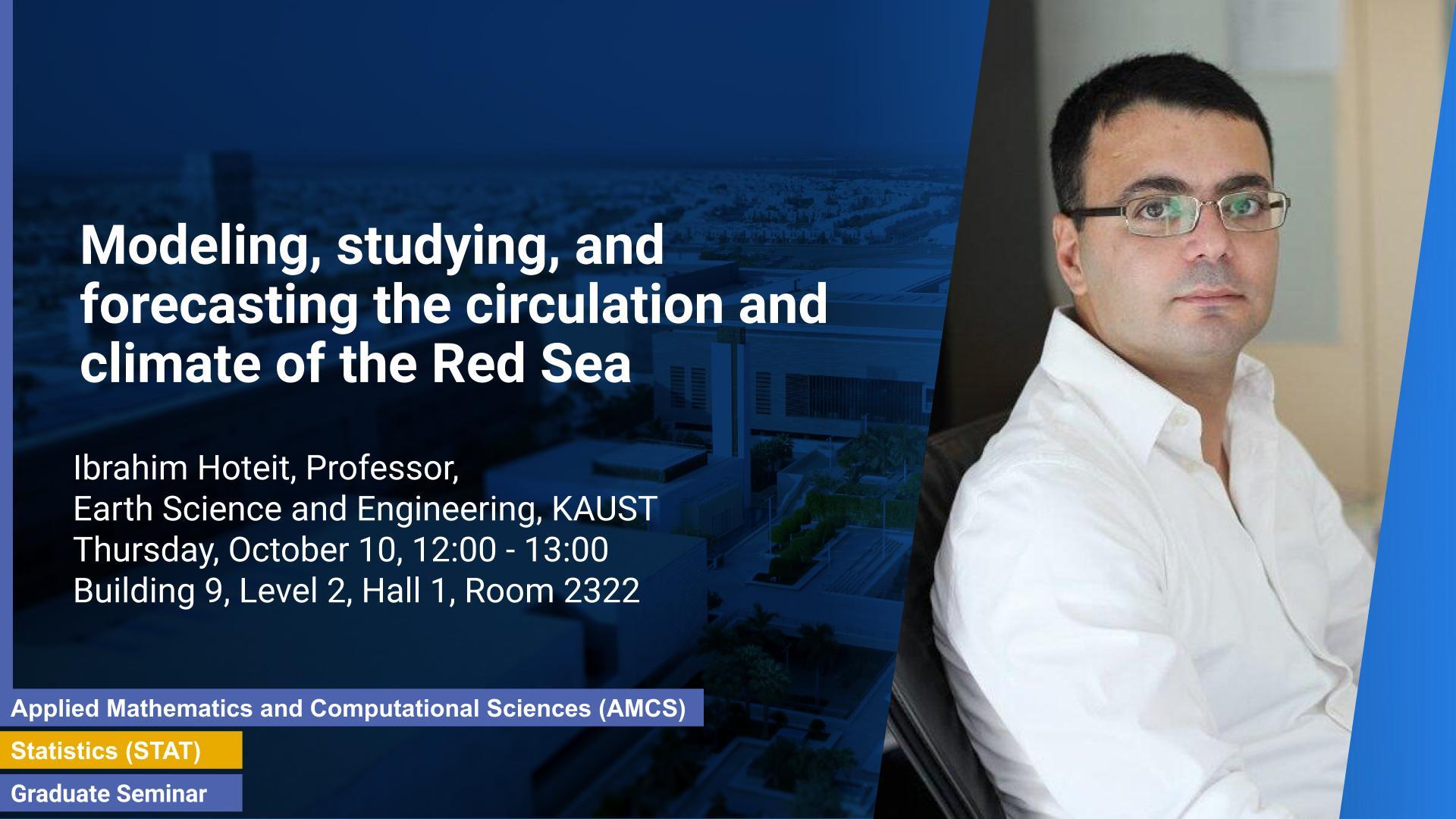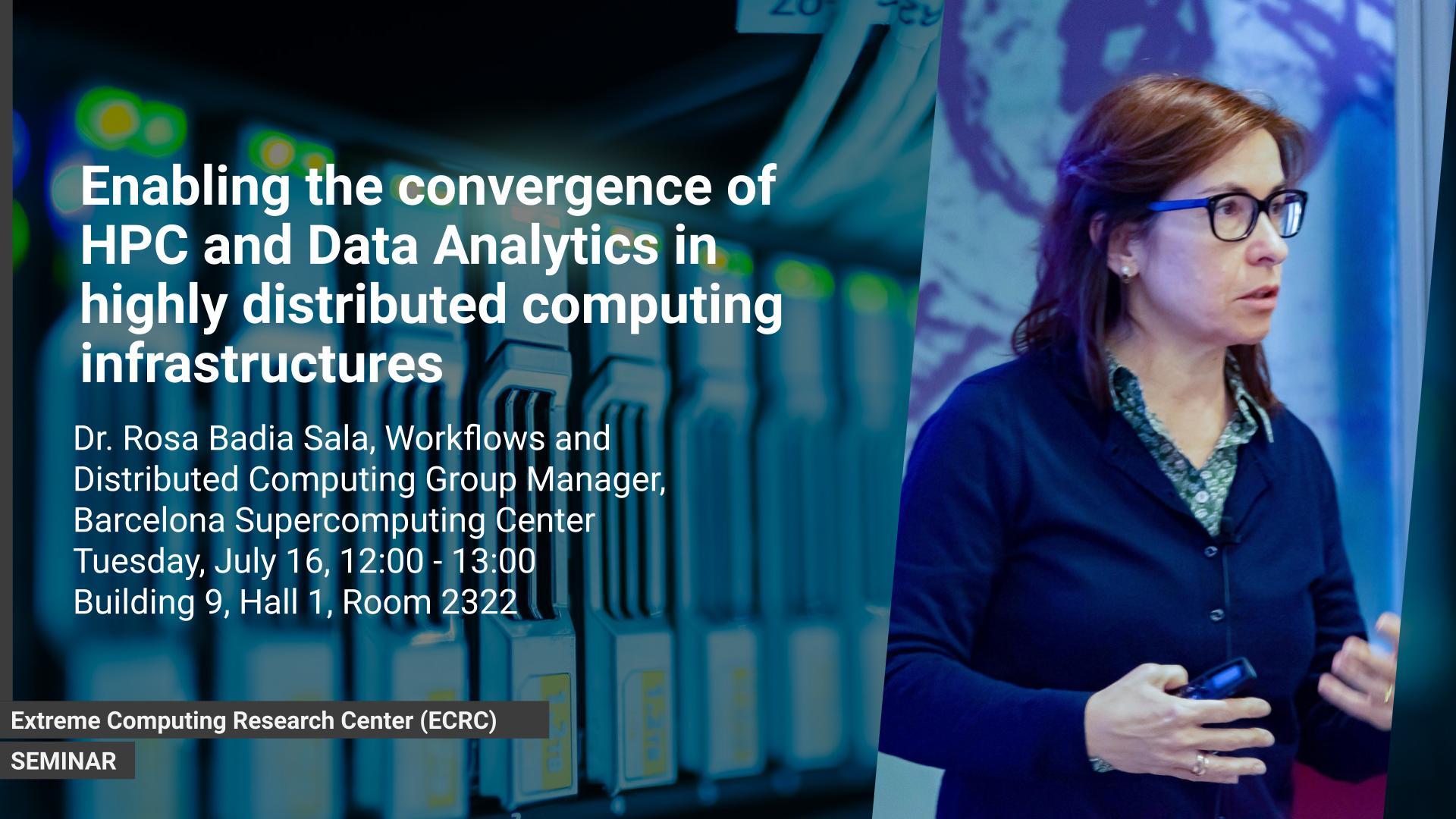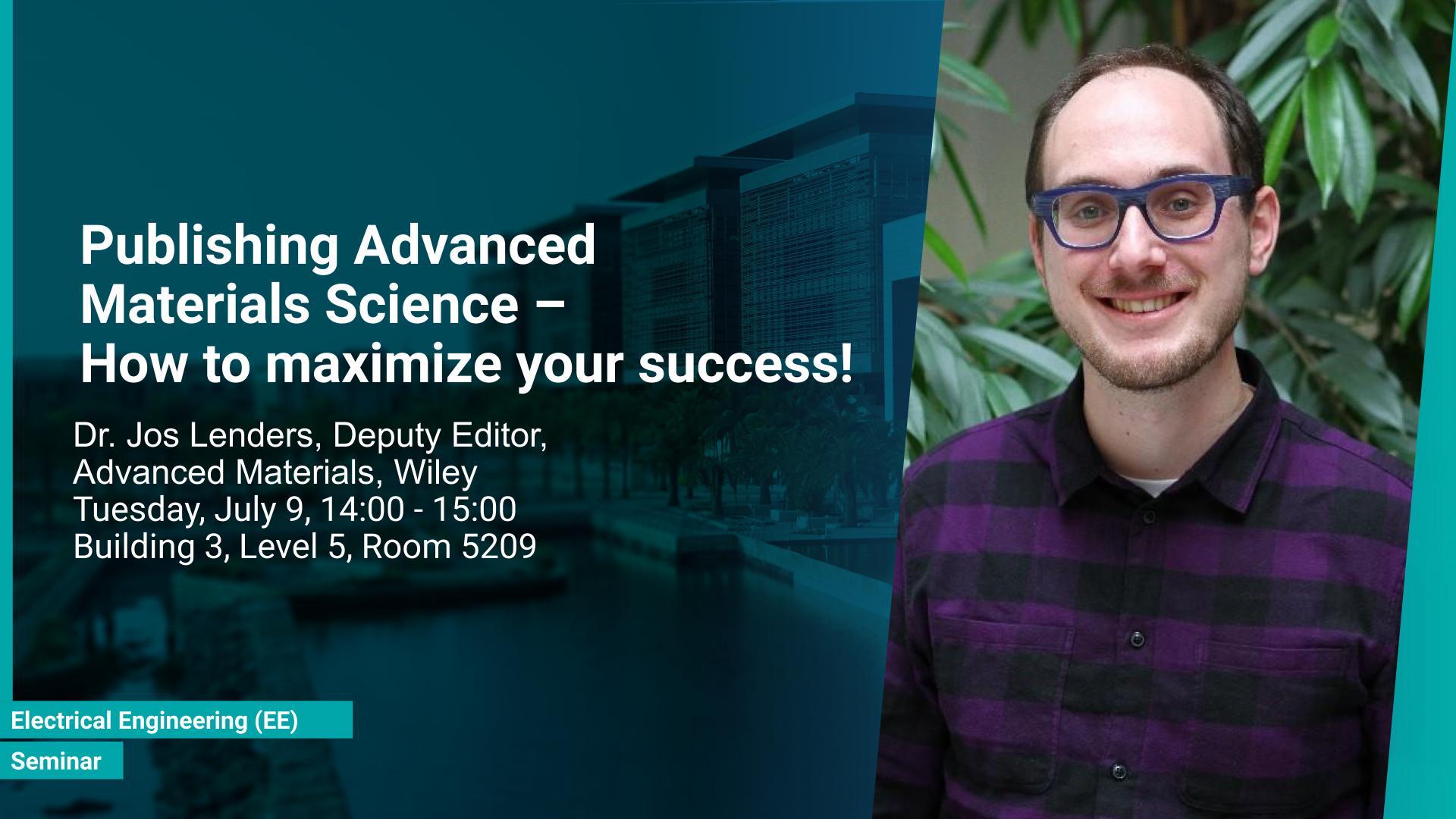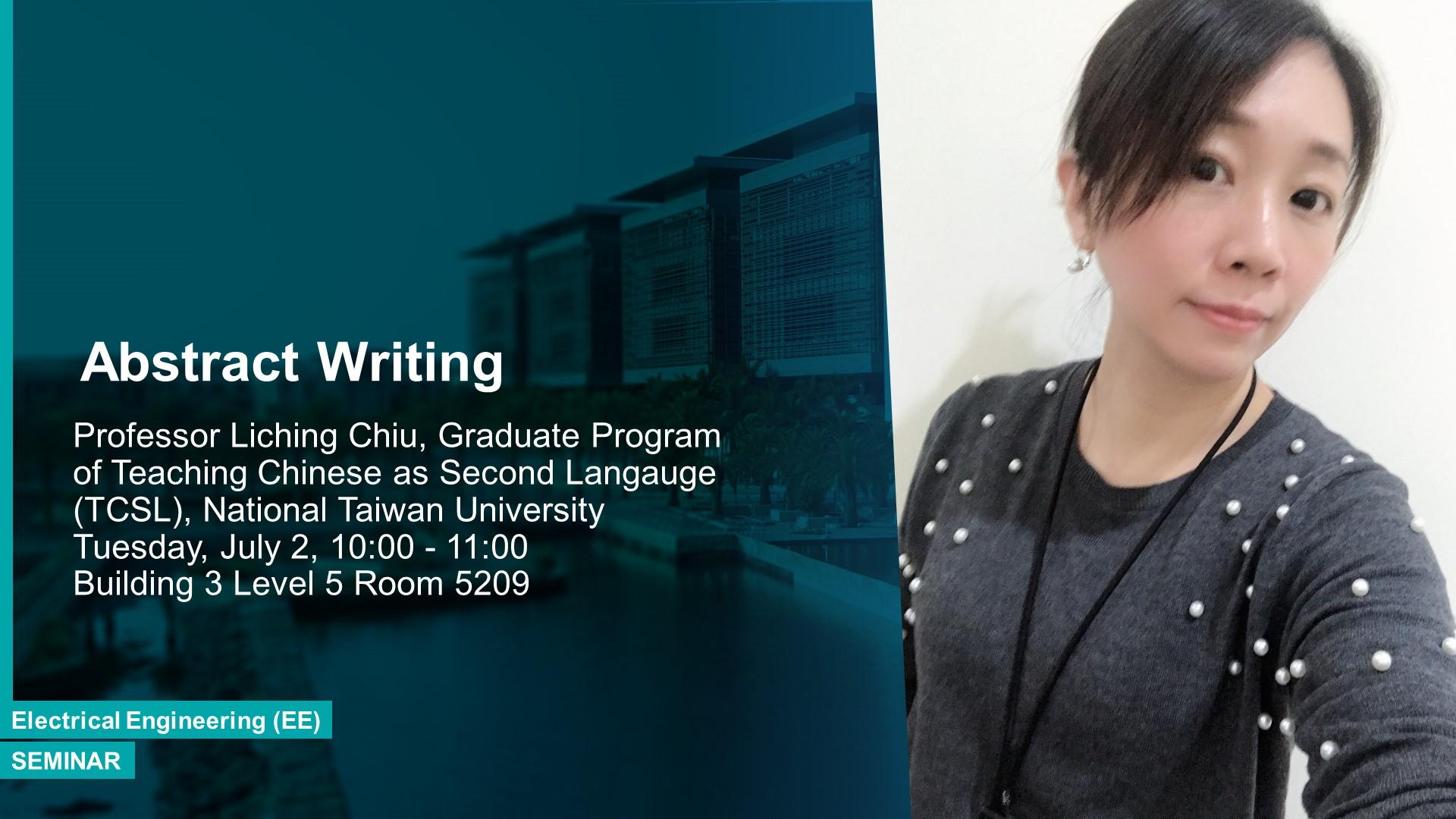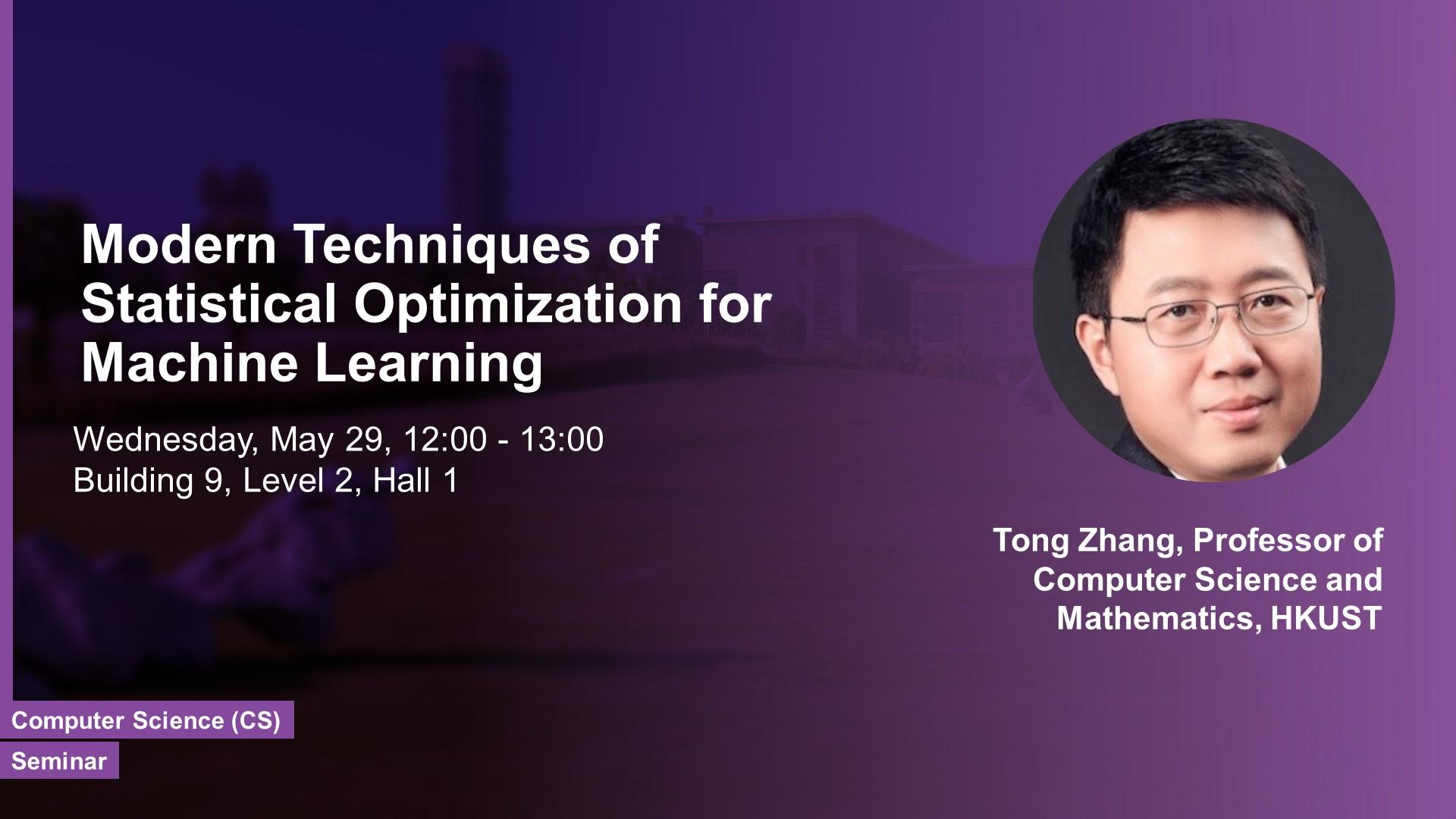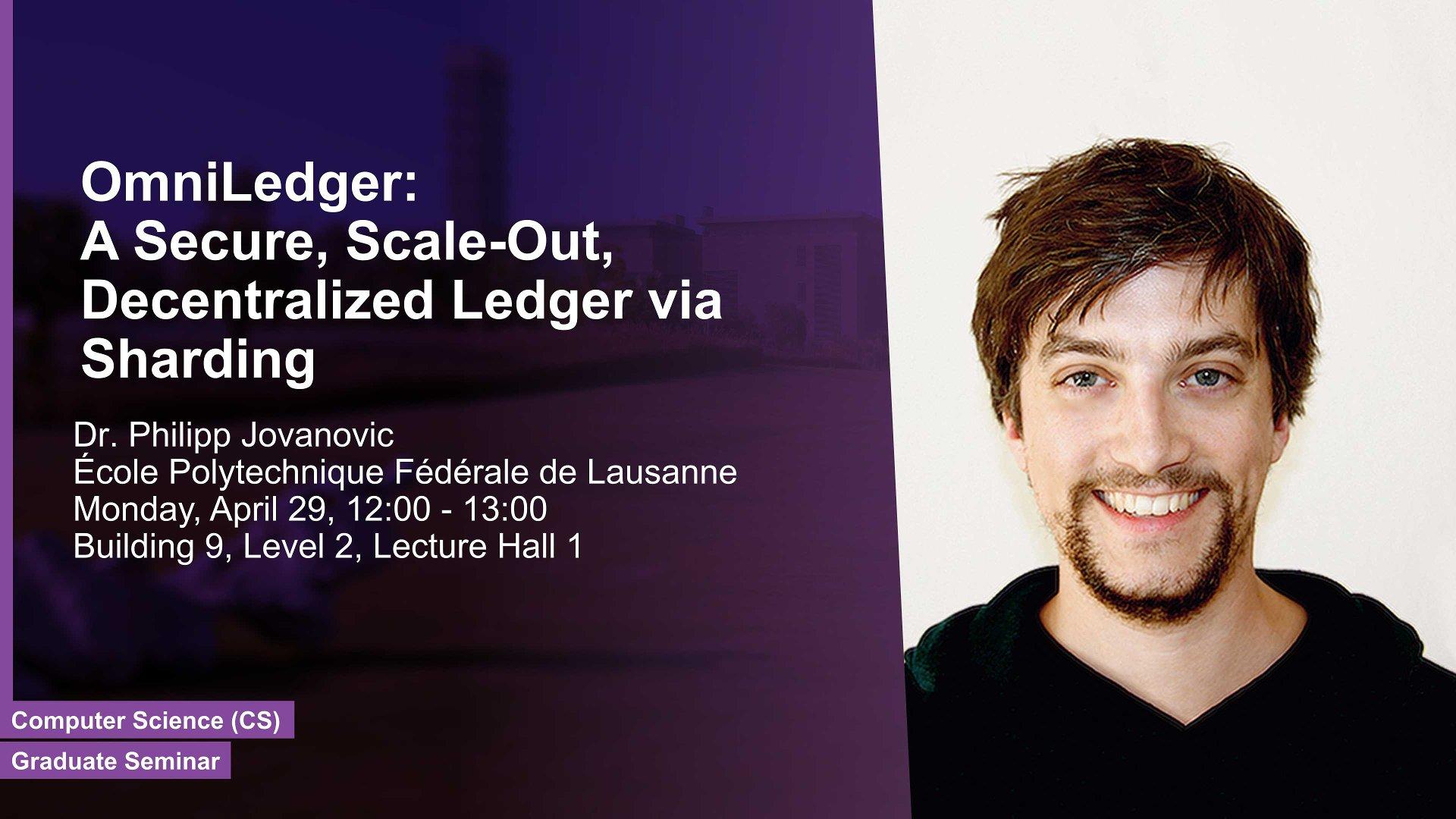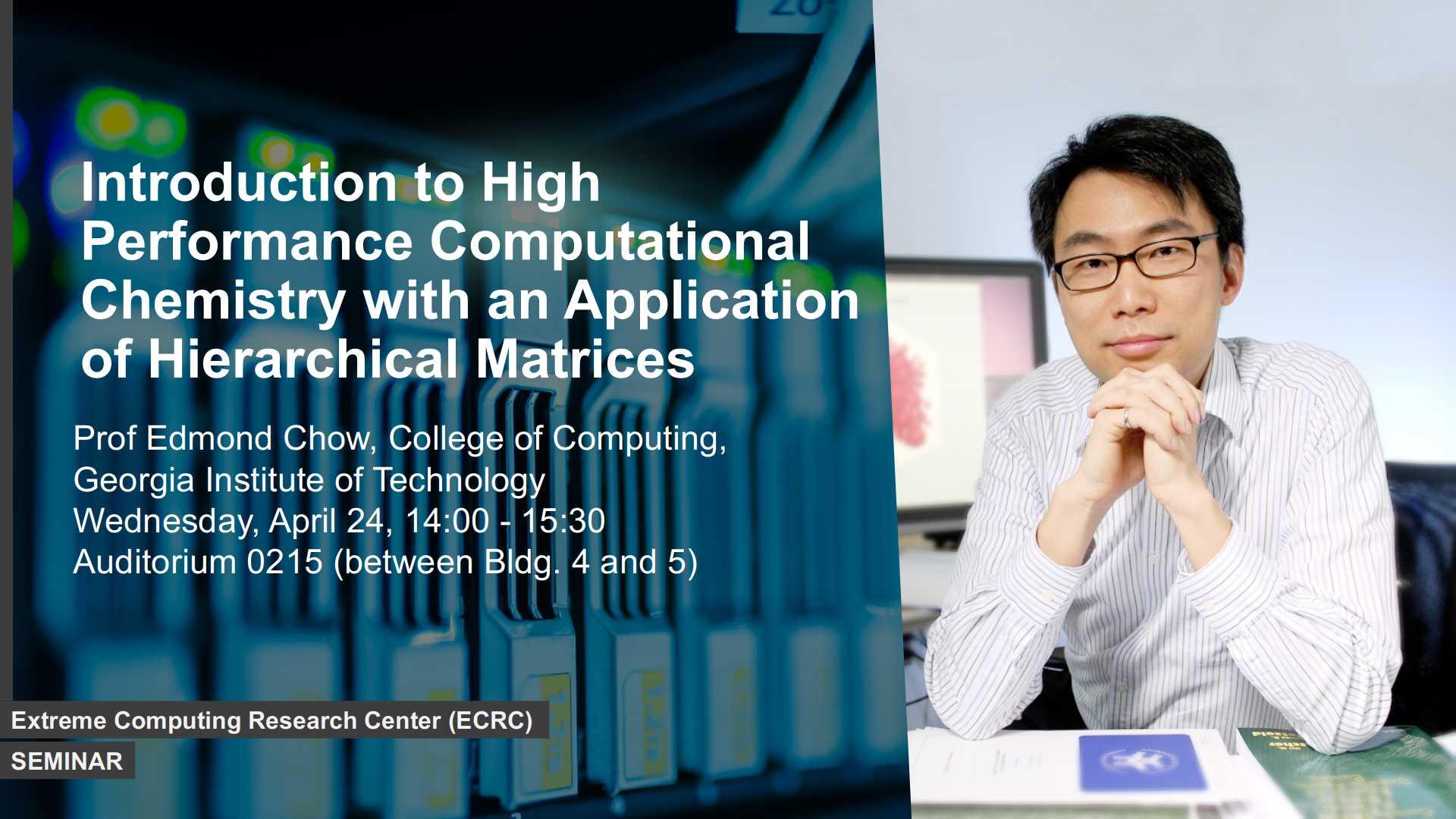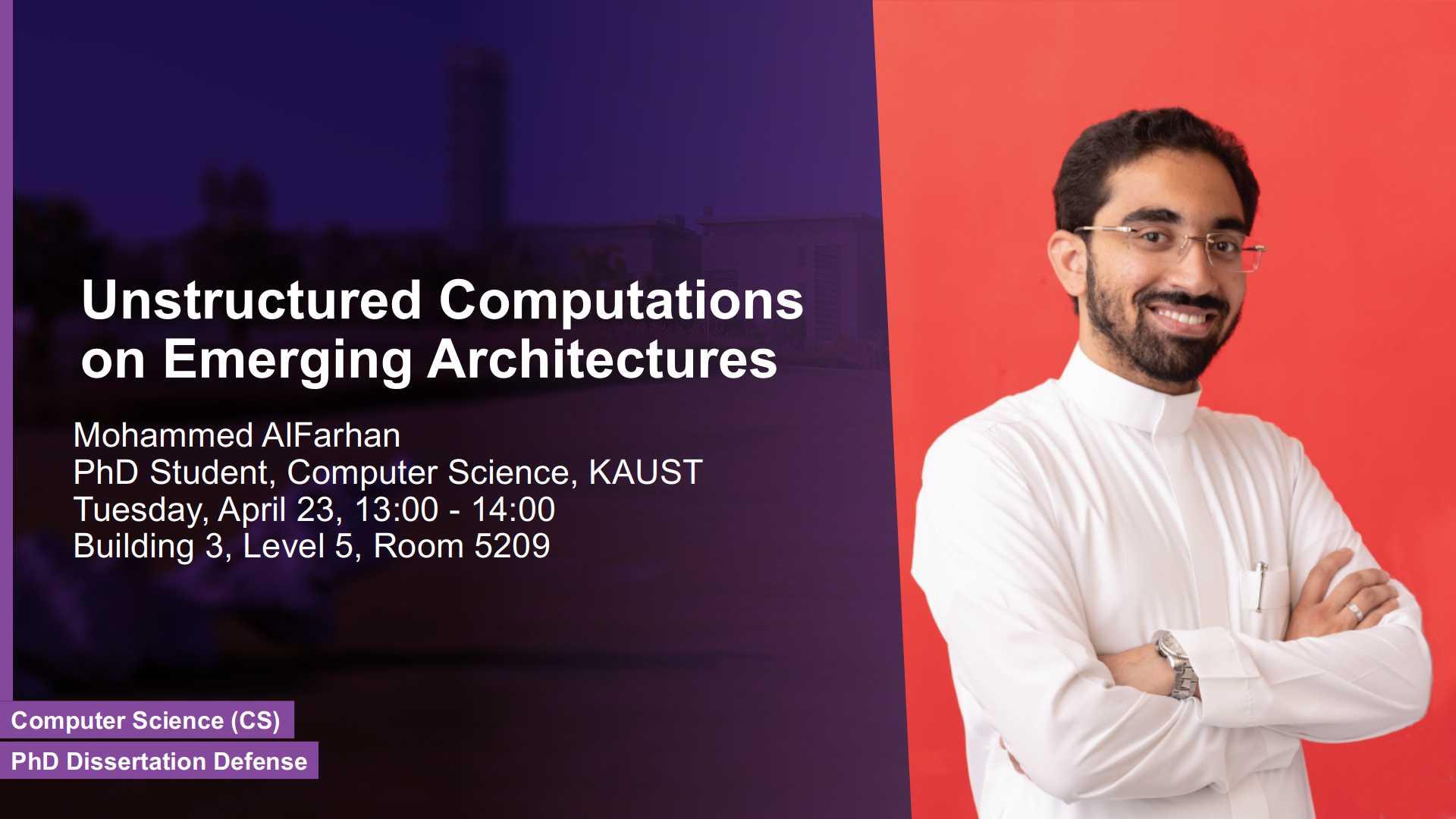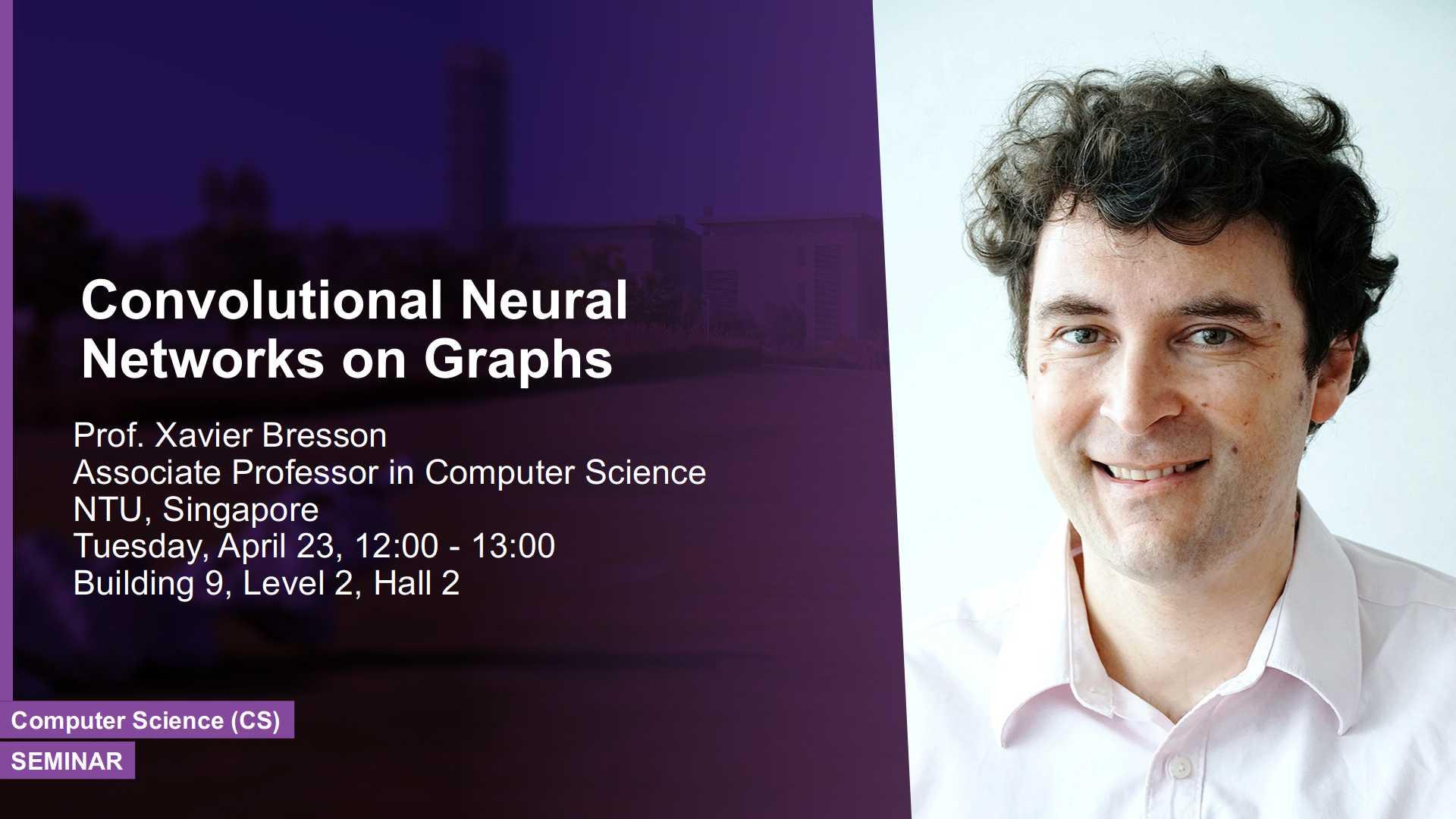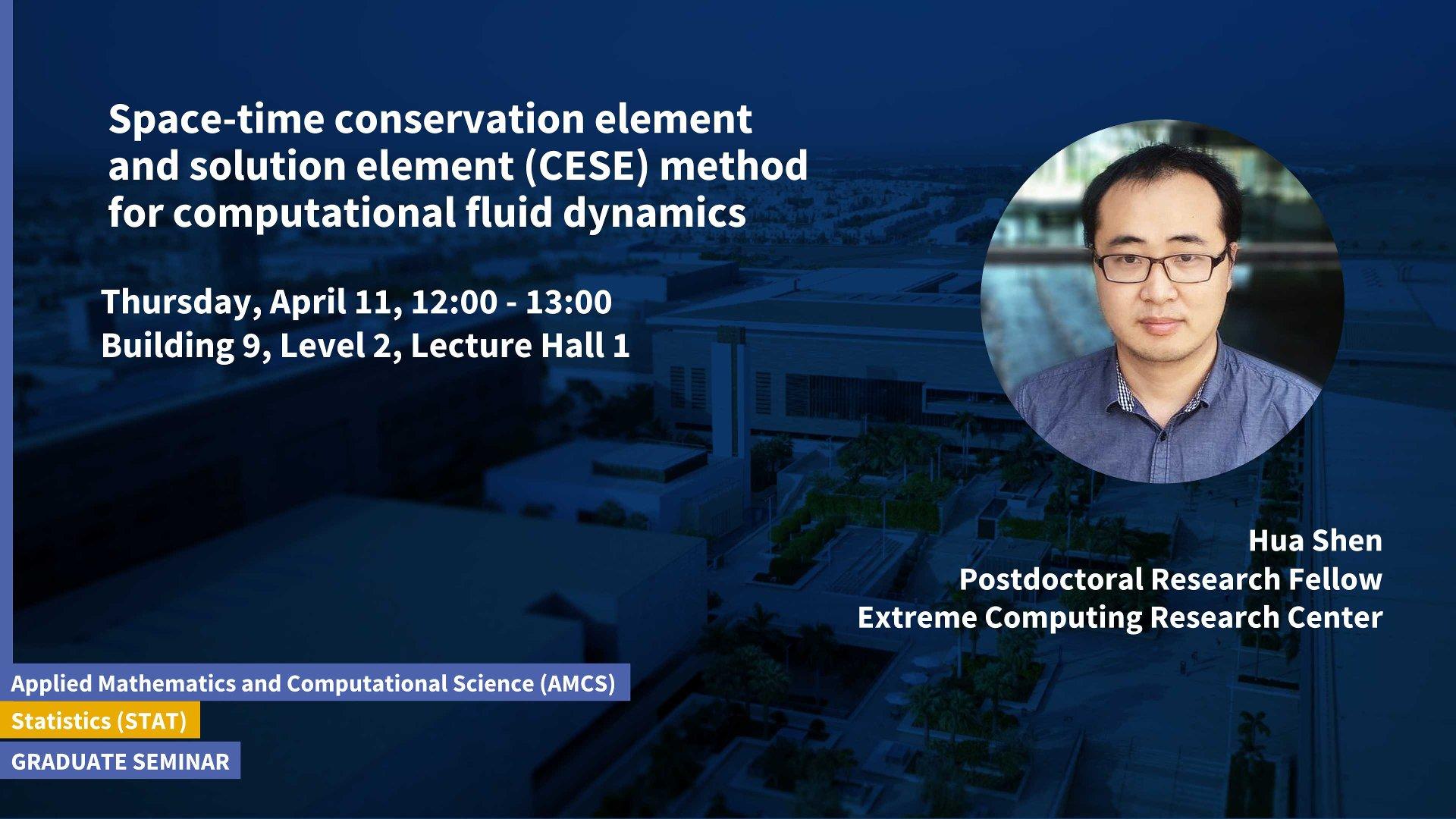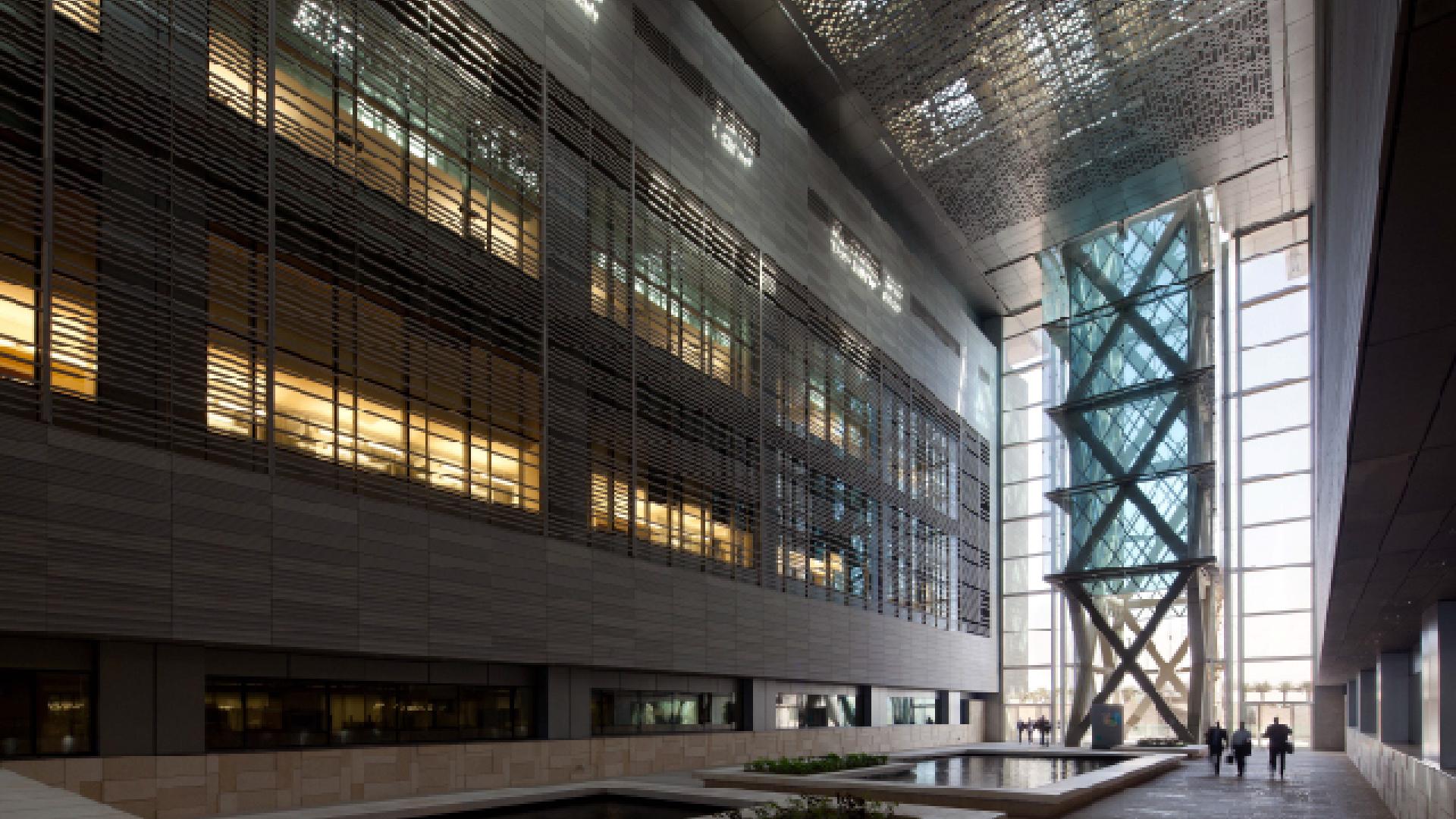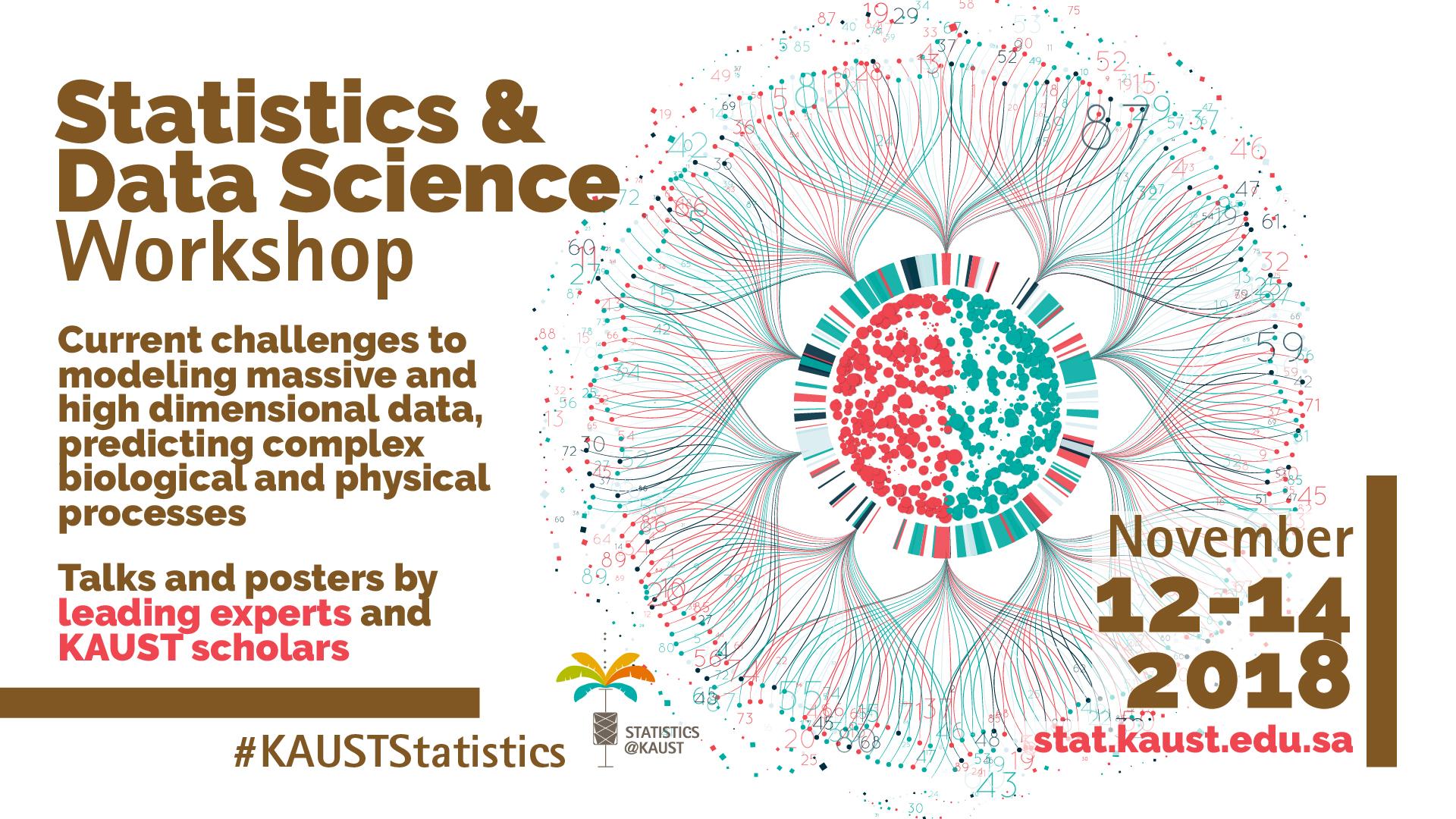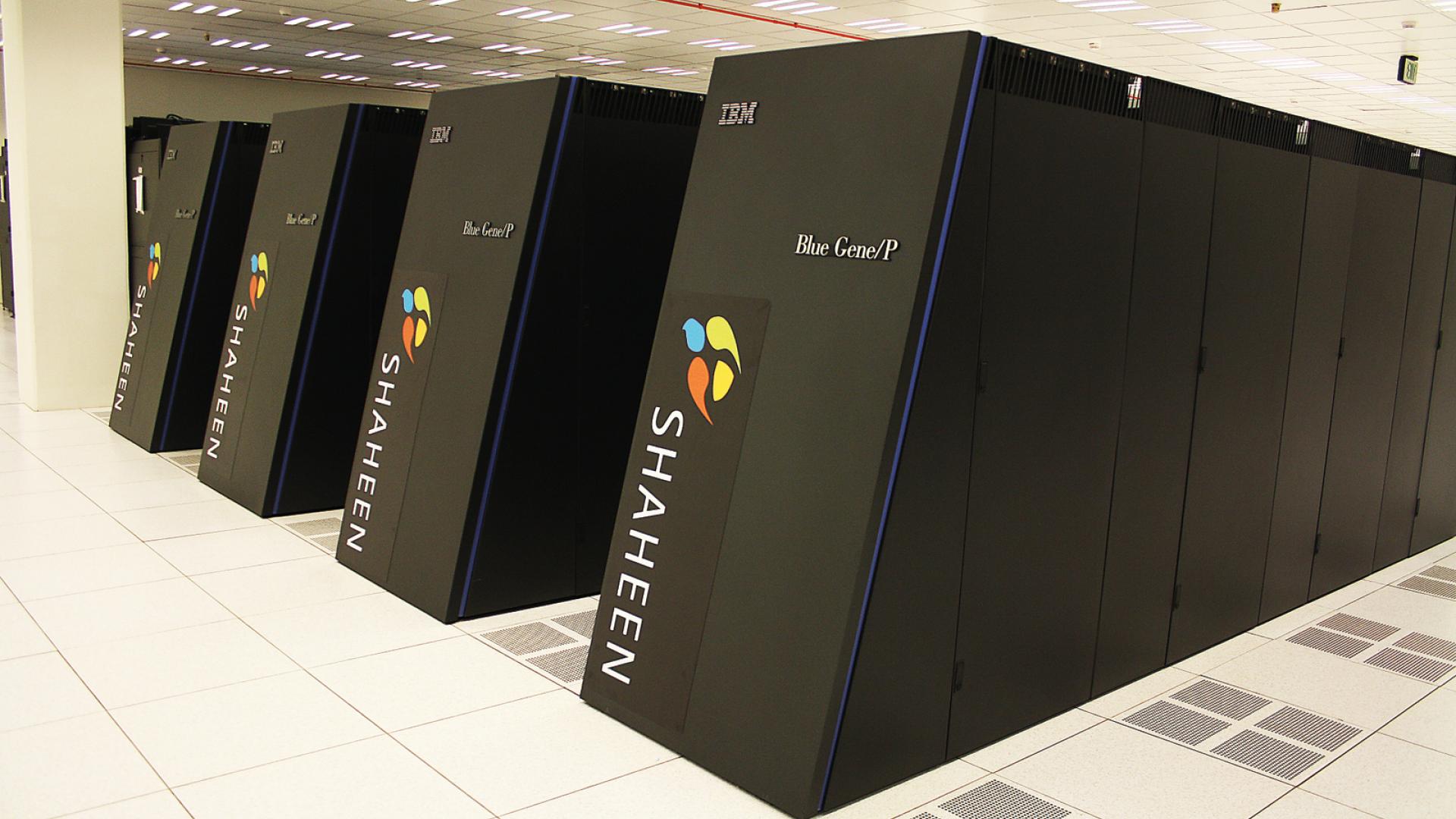Prof. Ben Zhao, Computer Science, University of Chicago, USA
Monday, November 25, 2019, 12:00
- 13:00
Building 9, Level 2, Hall 1, Room 2322
In this talk, I will describe two recent results on detecting and understanding backdoor attacks on deep learning systems. I will first present Neural Cleanse (IEEE S&P 2019), the first robust tool to detect a wide range of backdoors in deep learning models. We use the idea of perturbation distances between classification labels to detect when a backdoor trigger has created shortcuts to misclassification to a particular label. Second, I will also summarize our new work on Latent Backdoors (CCS 2019), a stronger type of backdoor attack that is more difficult to detect and survives retraining in commonly used transfer learning systems. Latent backdoors are robust and stealthy, even against the latest detection tools (including neural cleanse).
